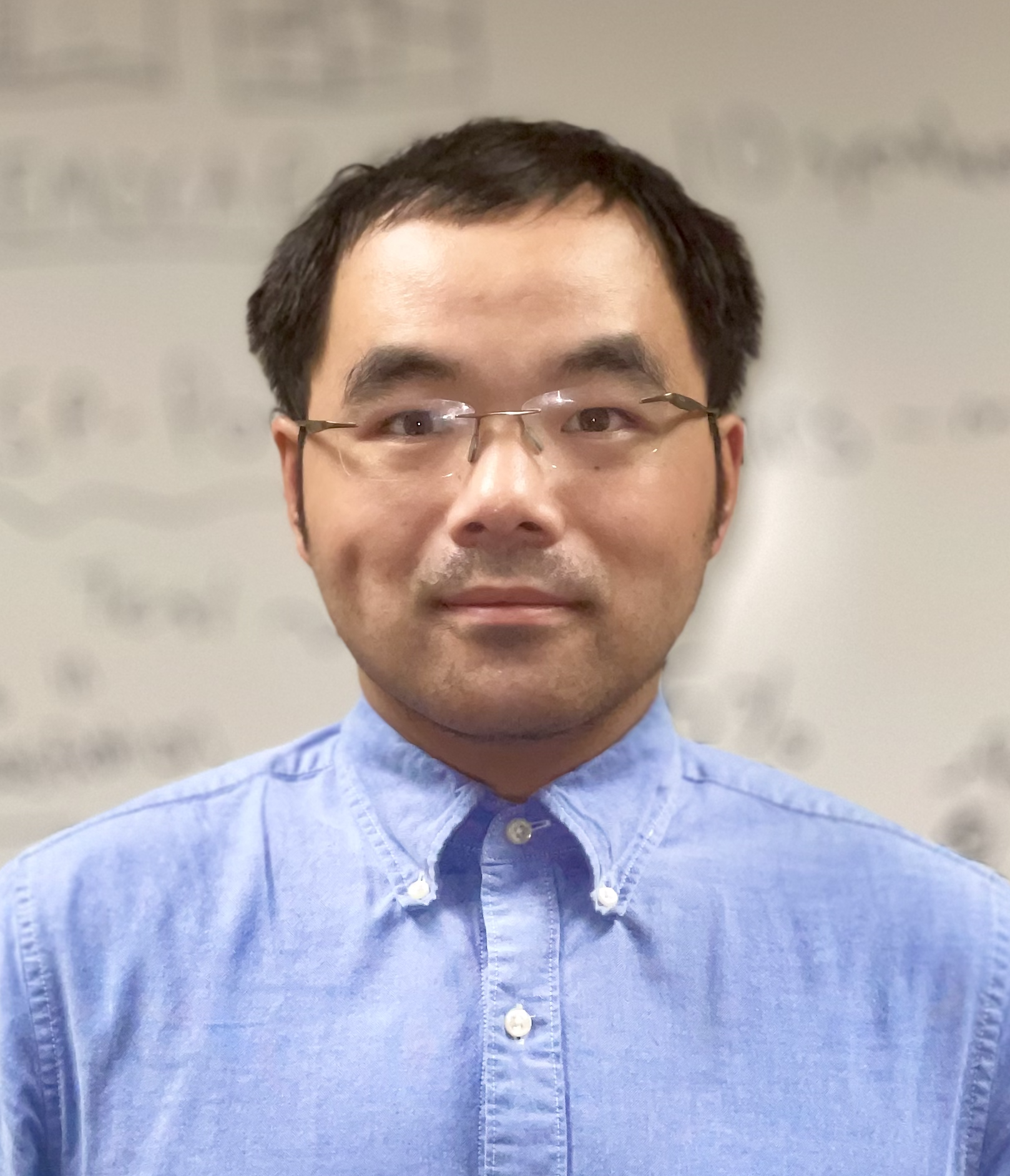UROP Project
*** improving computer system and microarchitecture security through AI agents
reinforcement learning, large language models, microprocessor, side channel attacks, system security

Research Mentor: Prof. Mulong Luo, he/his/him
Department, College, Affiliation: Computer Science, Arts and Sciences
Contact Email: mluo@fsu.edu
Research Assistant Supervisor (if different from mentor):
Research Assistant Supervisor Email:
Faculty Collaborators:
Faculty Collaborators Email:
Department, College, Affiliation: Computer Science, Arts and Sciences
Contact Email: mluo@fsu.edu
Research Assistant Supervisor (if different from mentor):
Research Assistant Supervisor Email:
Faculty Collaborators:
Faculty Collaborators Email:
Looking for Research Assistants: Yes
Number of Research Assistants: 2
Relevant Majors: Computer science;
Electrical and computer engineering;
Project Location: On FSU Main Campus
Research Assistant Transportation Required: Yes Remote or In-person: In-person
Approximate Weekly Hours: 5-10, Flexible schedule (Combination of business and outside of business. TBD between student and research mentor.)
Roundtable Times and Zoom Link:
Number of Research Assistants: 2
Relevant Majors: Computer science;
Electrical and computer engineering;
Project Location: On FSU Main Campus
Research Assistant Transportation Required: Yes Remote or In-person: In-person
Approximate Weekly Hours: 5-10, Flexible schedule (Combination of business and outside of business. TBD between student and research mentor.)
Roundtable Times and Zoom Link:
- Day: Friday, September 5
Start Time: 12:00
End Time: 12:30
Zoom Link: https://fsu.zoom.us/j/7742440849 - Day: Friday, September 5
Start Time: 12:30
End Time: 1:00
Zoom Link: https://fsu.zoom.us/j/7742440849 - Day: Friday, September 5
Start Time: 1:00
End Time: 1:30
Zoom Link: https://fsu.zoom.us/j/7742440849
Project Description
Timing attacks in microprocessors have gained increasing attention as a major security concern due to their high information leakage rate and the feasibility to combine with transient execution to build stronger attacks. Unfortunately, so far, the attack and defense policies of timing attacks have been mostly explored manually by computer architecture experts and highly rely on heuristics. The existing defenses are designed for known attacks, leaving the system at risk for potential new attacks.This project proposes to address the problem by leveraging reinforcement learning (RL) agents. Learning from an environment instead of datasets, RL agents has shown super-human performance in many problems. Timing attacks and defense analysis for a given hardware design can be formulated as the problem of finding strategies in an environment, which can be solved by RL agents. With RL agents, we can explore vulnerabilities in microprocessors automatically, and defend against known and unknown attacks. This RL agent will help vendors build better/more secure processors that are future proof.
Research Tasks: Literature review;
programming and implement mircoarchitecture simulator;
perform machine learning and training;
machine learning model architecture search;
implement side channel proof of concept on real machines
Skills that research assistant(s) may need: required: Python programming, basic C/C++ programming skills
recommended: knowledge about computer architecture; experience with training machine learning models; some x86 assembly knowledge
Mentoring Philosophy
UROP is probably the first time the for many of the candidates to get involved in research activities. Specifically, I think there are three goals.First, the student should be able to learn what research is about and what is the effort they need to put into if they want research as their career. To achieve that, I will let UROP mentees to participate in the research projects that are real, difficult, and impactful. The student may face more difficulty in these kind of projects, but they will get sense of the actual research life. Rather than doing some toy simple project, decide to pursue a PhD then figure out it is not want they are good at.
Second, the student should learn some useful practical skills that might be helpful for their future development either as a researcher or as an industry practitioner. In that regard, I will let mentee working on projects that exercise their programming skills, data analysis skills and writing skills. They will improve these skills as they work on the project and these skills will be useful for their future career inside and outside research.
Third, the student should be able to produce something scientifically valuable. It does not have to be a Nobel prize-level discovery, as long as what the student did contribute to one of the paper the lab is working on (the student can be credited as a coauthor), that would be fantastic to the student as well as to the lab.

